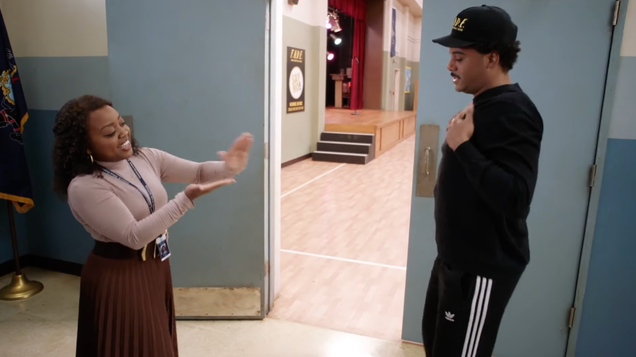The art of architecture is a manifestation of human creativity that transcends cultures and time. Just as music and dance, architecture speaks to our souls, telling stories of our ancestors and shaping our collective identity. One such story is that of the African diaspora, which has left an indelible mark on the architectural landscape of America.
Afrocentric architecture is a breath of fresh air in a world dominated by conventional designs. It brings the rich history, culture, and traditions of Africa to the forefront, creating structures that not only stand out but also resonate with the African diaspora.
But what makes Afrocentric architecture unique, and where can you find these stunning examples in America? Let's delve into the world of African-inspired buildings and monuments that are gracing the American landscape.
A Blend of Heritage and Modernity
Afrocentric architecture is characterized by its fusion of traditional African design elements and contemporary architectural techniques. This blend of heritage and modernity results in structures that are both functional and aesthetically pleasing.
African-inspired designs often incorporate geometric patterns, bold colors, and natural materials such as wood, clay, and thatch. Additionally, you'll find that many of these structures emphasize communal living and environmental sustainability, reflecting the values and principles of African societies.
African-American History and Culture on Display
One of the most striking examples of Afrocentric architecture in America is the National Museum of African American History and Culture in Washington, D.C. This iconic building, designed by David Adjaye, features a three-tiered, trapezoidal façade that draws inspiration from the Yoruba people's traditional wooden sculptures.
The museum's intricate bronze latticework, known as the "corona," pays homage to the ironwork crafted by enslaved African Americans in the South. Inside, the building's design facilitates a journey through time, exploring the rich history and contributions of African Americans to the nation.
Monuments that Inspire and Educate
Afrocentric monuments, like the Martin Luther King Jr. Memorial in Washington, D.C., serve as important reminders of the struggles and triumphs of the African diaspora. Designed by Lei Yixin, the memorial features a 30-foot statue of Dr. King emerging from a granite stone, symbolizing his role as a leader who emerged from the mountain of despair.
Another awe-inspiring monument is The African Burial Ground National Monument in New York City. This sacred site, discovered in 1991, honors the memory of the thousands of enslaved and free Africans buried there during the 17th and 18th centuries. The monument's design, which includes a map of the African diaspora and a raised platform symbolizing a ship's deck, encourages reflection and education.
Embracing Our African Roots
Afrocentric architecture is more than just a design style; it's a celebration of our African roots and a testament to the resilience and creativity of the African diaspora. By incorporating these designs into our buildings and monuments, we can ensure that the stories and traditions of Africa continue to enrich and inspire future generations.
So, the next time you visit a city with a rich African-American history, take a moment to appreciate the beauty of Afrocentric architecture and the stories it tells.


